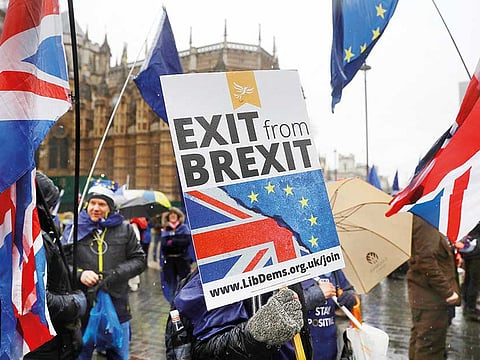The best current affairs books of 2017
Writers attempted to explain both the rise of populism and a wave of fake news

They present a lucid argument for overhauling trade and regulatory policy after Brexit, to show how Britain could succeed if it embraces economic reform. It will please the optimists, but it won’t allay the fears of those focused on the risks.
For those keen to understand what drives EU institutions and the continent’s most powerful nation, Germany, two books stand out. The more valuable — and concise — is Berlin Rules (IB Tauris) by Paul Lever, the former British ambassador there. Lever makes no secret of his admiration for aspects of German society, but also applies a cynical eye to its policy decisions — and explains why Berlin is inclined to protect the EU project at all costs.
Adults in the Room (Bodley Head) by Yanis Varoufakis, the former Greek finance minister, gives a more anti-establishment perspective on how the EU works. His tendency to portray himself as a Hollywood hero speaking truth to power is a little annoying, but it’s a remarkable account of how Berlin and Brussels outfoxed Greece’s populist, Left-wing government. The most astonishing scenes come courtesy of Varoufakis’s secret wiretapping of meetings between Eurozone finance ministers, in which his proposals are sidelined because everyone has already invested too much political capital in the disaster of the euro.
Across the pond, there were several post mortems of the Trump phenomenon.
Only the most committed Hillary Clinton fans will want to wade through her What Happened (Simon & Schuster). More thrilling is Devil’s Bargain (Scribe) by Joshua Green, which charts the alliance between Donald Trump and his chief strategist, Steve Bannon, to its unravelling.
Three journalists — Matthew d’Ancona, James Ball and Evan Davis — wrote books called Post Truth, all tackling the epidemic of fake news and its implications for democracy. Ball’s (Biteback) is a structural analysis of the media; d’Ancona’s (Ebury) more philosophical. Davis’s (Little, Brown), the most optimistic, in the end affirms his belief that “good sense normally prevails” — but only after everything else has been tried.
–The Telegraph Group Limited, London 2017


